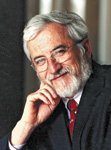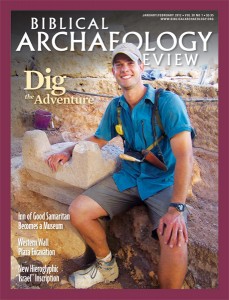
Scholars of the Biblical text approach the New Testament with a variety of different concerns, sometimes downplaying the theological meaning in order to draw out information about its writing or editing, cultural influences or historical context. In this excerpt from a volume of essays written in honor of Kent Richards, former executive director of the Society of Biblical Literature (SBL),1 Harold W. Attridge, the Reverend Henry L. Slack Dean of Yale Divinity School and Lillian Claus Professor of New Testament, discusses the resurgence of theological considerations in Biblical studies of the 21st century.
The field of New Testament has become complex—no, compound complex—and lively conversations about the meaning of these ancient texts abound. Amidst all of this complexity, an ancient and central concern associated with reading the Bible has resurfaced. Where once [in the decades at the end of the 20th century] theological concerns were muted to a secondary hermeneutical level, or assigned to the tasks of practical theologians, they now have returned to the business of New Testament interpretation with new insistence.
Already a library member? Log in here.
Institution user? Log in with your IP address.

